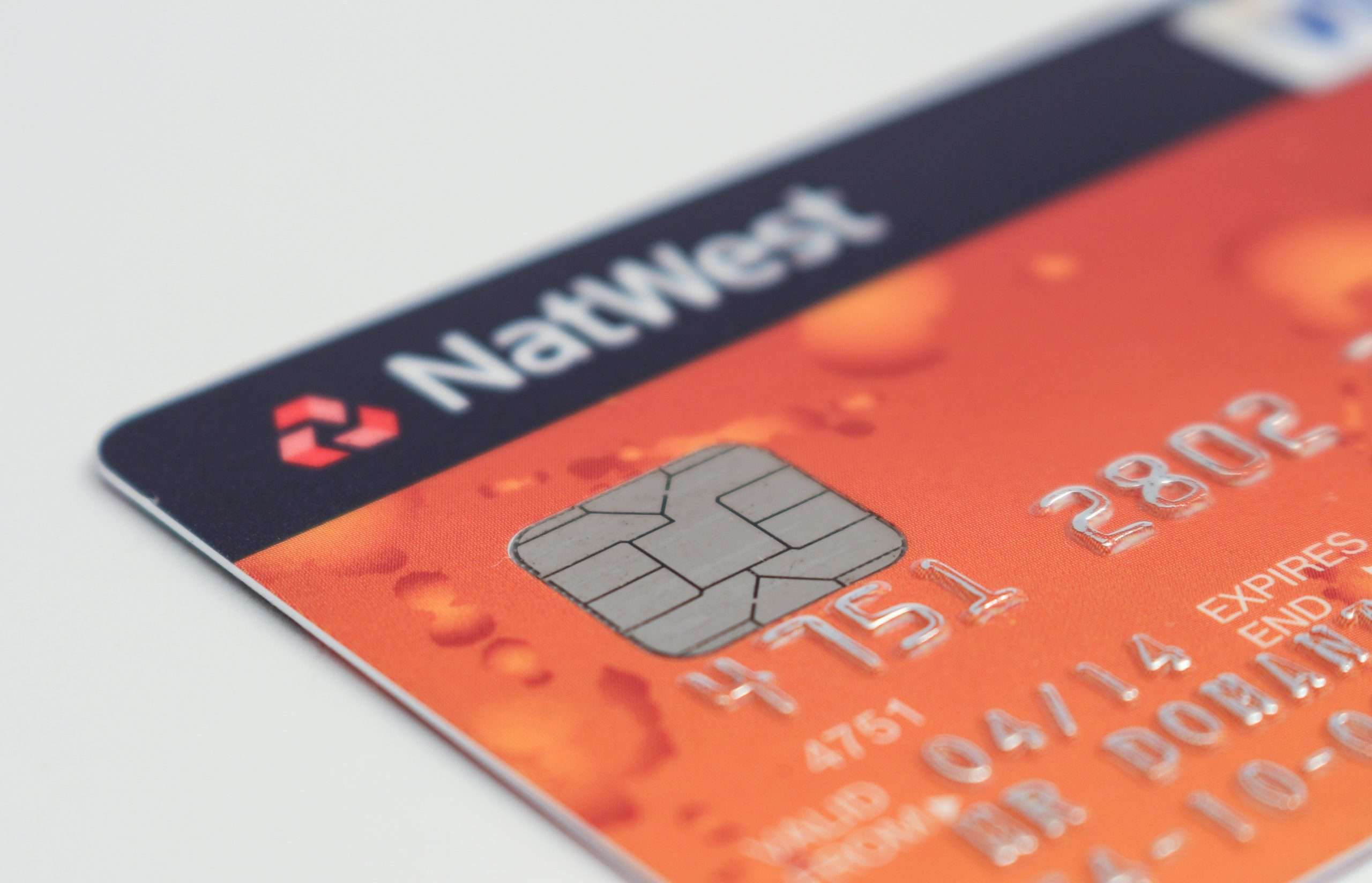In today’s interconnected world, international business transactions have become the norm rather than the exception. However, with these global dealings comes the challenge of navigating complex payment systems and incurring hefty fees. For businesses looking to expand their operations abroad or engage in cross-border trade, understanding how to avoid paying exorbitant charges is crucial for maintaining profitability and staying competitive. In this article, we will explore various strategies and alternative payment methods that can help businesses streamline their international payments while keeping costs at a minimum. Whether you are a small startup or a multinational corporation, read on to discover practical tips that can save you money in your global business endeavors.
The importance of cost-effective international business payments
In today’s interconnected world, international business payments have become the norm for companies of all sizes. Whether you are a small entrepreneur growing your business overseas or an established multinational corporation, effective management of cross-border transactions is essential. One key aspect that must not be overlooked is the importance of cost-effective international business payments.
Paying high fees for international money transfers can significantly impact a company’s bottom line and reduce profitability. Every dollar spent on transaction fees and currency exchange rates means less capital available to reinvest in the business or allocate towards other growth opportunities. By prioritizing cost-effectiveness when it comes to global payments, businesses can maximize their financial resources and optimize returns.
Cost-effective international business payments also contribute to strengthened relationships with overseas partners and suppliers. Efficient payment processes ensure timely settlements, which foster trust and reliability among stakeholders. Moreover, by reducing costs associated with transactions, companies can potentially negotiate better terms with their foreign counterparts – such as securing discounts or favorable pricing arrangements. This competitive advantage translates into improved cash flow management and increased flexibility in pursuing new market opportunities globally.
By prioritizing cost-effectiveness in global payment strategies, businesses can streamline operations without compromising on security or efficiency while ensuring greater transparency and traceability throughout the payment process. Additionally, embracing digital solutions like virtual wallets or online platforms can further reduce costs associated with traditional banking methods.

Understanding the different payment options available
Understanding the different payment options available is vital for businesses looking to avoid paying high fees in international transactions. One option that many businesses rely on is bank transfers. While they are generally secure and easy to use, they can often come with high transaction fees and lengthy processing times. However, it’s worth noting that some banks offer lower fees for certain types of transfers, such as SEPA transfers within the European Union.
Another popular payment option is credit cards. With their widespread acceptance and convenience, credit cards are a go-to choice for many international transactions. However, it’s important to be aware of the foreign exchange fees and interest rates associated with credit card payments, which can significantly increase the cost of doing business internationally.
One alternative to traditional payment methods is utilizing online payment platforms like PayPal or Payoneer. These platforms provide businesses with a secure and efficient way to make international payments without hefty fees or long processing times. They often offer competitive exchange rates and allow users to send money directly from their bank accounts or credit cards.
By understanding these different payment options, businesses can make informed decisions when it comes to international transactions, ultimately avoiding high fees and optimizing their financial operations on a global scale. It’s crucial for companies to weigh factors such as transaction costs, speed of transfer, security measures, and foreign exchange rates in order to choose the best payment method for their specific needs.
Researching and comparing exchange rates and fees
Researching and comparing exchange rates and fees is an essential step in making international business payments. It can determine how much money you will actually receive or pay, as high fees and unfavorable exchange rates can eat into your profits. Fortunately, there are now numerous online tools and platforms that make this task easier than ever before.
When researching exchange rates, it’s important to consider both the mid-market rate (the real value of a currency) and the rate offered by banks and transfer services. These providers often add a markup or commission fee to the mid-market rate, so it’s crucial to compare different options to find the best deal. Additionally, some providers may offer special deals or lower fees for larger transactions or repeat customers, so it’s worth exploring all available options before making a decision.
In terms of fees, keep in mind that they can vary widely depending on the provider. Some companies charge a flat fee per transaction, while others collect a percentage of the amount being sent or received. Moreover, additional charges may apply for certain services like same-day transfers or sending funds to remote locations. By carefully researching and comparing these fees among different providers, you can ensure that you are not unnecessarily paying high costs for your international business payments.

Utilizing online platforms for secure and affordable transfers
Online platforms have revolutionized the way we transfer money internationally, providing a secure and affordable alternative to traditional methods. One of the key advantages of using online platforms is the reduced fees associated with transferring funds. Unlike banks or wire transfer services that often charge high fees for international transfers, online platforms tend to offer lower rates, saving businesses significant amounts of money in the long run.
Furthermore, online platforms provide added security measures to protect your transactions. Most reputable platforms use advanced encryption technology to ensure that your personal and financial information remains safe during the transfer process. Additionally, many online payment providers offer fraud protection features and dispute resolution services, giving businesses peace of mind when making international transactions.
Another benefit of using online platforms for money transfers is their convenience and speed. With just a few clicks, businesses can send funds across borders within minutes or hours instead of waiting days for traditional bank transfers to go through. This level of efficiency allows companies to streamline their operations and make timely payments without worrying about delays or fines incurred from missed deadlines.
To sum up, utilizing online platforms for secure and affordable transfers offers numerous advantages over traditional methods. Lower fees, enhanced security measures, and faster transaction times are just some of the benefits that make these platforms an attractive option for businesses conducting international transactions.
Negotiating with banks for better payment terms
When it comes to international business payments, negotiating with banks for better payment terms can save you significant amounts of money. While banks often have standard fees and terms for international transactions, proactive negotiation can help you find more favorable options. One strategy is to gather quotes from multiple banks and leverage them against each other to get better rates and terms. Another approach is to highlight your previous trading history and the volume of transactions you bring to the bank. This can demonstrate your value as a customer and give you leverage in negotiations.
In addition to negotiating better fees, you can also explore different payment methods that may come with lower costs or more flexible terms. For example, using online payment platforms or mobile wallets may offer faster processing times at lower fees compared to traditional wire transfers or letters of credit. By diversifying your payment channels, you not only have more options but also increase your bargaining power when negotiating with banks.
Remember that maintaining a good relationship with your bank is key in negotiation success. Regularly reviewing your banking agreements and discussing opportunities for improvement can foster a productive partnership. In some cases, working with a dedicated account manager who understands the complexities of international business payments might be beneficial as they can advocate on your behalf within the bank’s internal structures. Be prepared before entering into negotiations by conducting thorough research, knowing market rates, and understanding your own requirements so that you are well-equipped during discussions.
Negotiating with banks for better payment terms requires proactive effort on your part but can result in substantial savings over time.

Considering alternative payment methods to avoid fees
As international business continues to expand, it is essential to explore alternative payment methods that can help businesses avoid paying high fees. Traditional payment systems often come with hefty transaction charges and currency conversion fees, eating into profit margins. Thankfully, there are now a range of alternative options available that can save businesses money while facilitating global transactions.
One such option is peer-to-peer (P2P) platforms that allow businesses to directly transfer funds between each other without the involvement of banks or intermediaries. These platforms utilize blockchain technology to provide secure and transparent transactions at a fraction of the cost. By cutting out the middleman, businesses can significantly reduce their payment processing costs and maintain control over their finances.
Additionally, digital currencies like Bitcoin have gained popularity in recent years for international business payments due to their low transaction fees and decentralization. By using cryptocurrencies as a form of payment, businesses can bypass traditional banking systems altogether, eliminating cross-border transfer fees and delays associated with traditional methods. While there may be some learning curve involved in understanding how cryptocurrencies work, the potential savings make it a worthwhile consideration for forward-thinking businesses looking to cut costs.
In conclusion, exploring alternative payment methods is crucial for businesses engaged in international transactions if they want to avoid paying high fees. Peer-to-peer platforms offer secure and cost-effective solutions by enabling direct fund transfers between businesses. Likewise, digital currencies provide an innovative way to bypass traditional banking systems and eliminate costly cross-border transfer charges.
Conclusion: Saving money on international business payments
In conclusion, saving money on international business payments is crucial for businesses operating in the global market. High fees can eat into profits and hinder growth, so it’s essential to explore cost-effective alternatives. One strategy to consider is using online payment platforms that offer competitive exchange rates and low transaction fees. These platforms often leverage technology to streamline the payment process, cutting down on administrative costs and manual errors.
Another way to save on international business payments is by negotiating favorable currency exchange rates with your bank or payment provider. Many businesses overlook this opportunity, but with some research and negotiation skills, it’s possible to secure more favorable rates that can significantly reduce costs over time.
Additionally, monitoring the foreign exchange markets can also be beneficial when it comes to making timely transactions at opportune moments when the currency fluctuations are more favorable for your business. By keeping a close eye on these trends and being proactive in your approach, you may be able to maximize your savings even further.
Overall, taking a proactive approach towards managing your international business payments can help you avoid paying high fees and ensure that you’re maximizing efficiency while preserving profits. Remember to stay informed about different options available in the market and constantly reassess your strategies as new technologies emerge or market conditions shift. By doing so, you’ll position yourself for long-term success in the global marketplace while maintaining healthy profit margin.






